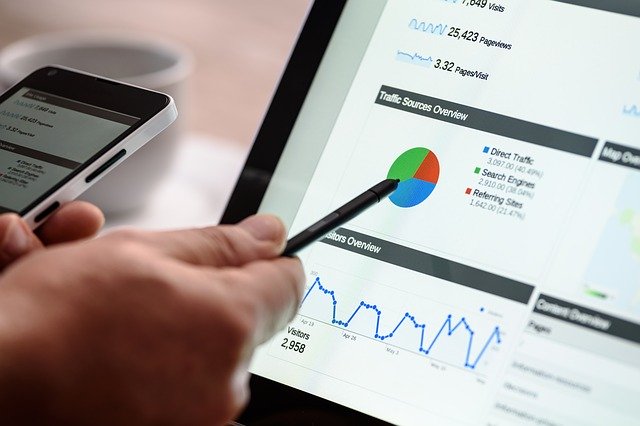This guide will cover the core elements of event promotion and discuss the principles and ideas behind it.
Event promotion works hand in hand with event advertising and event marketing to generate awareness of the event and to sell tickets. Depending on the goals, it complements other marketing efforts to generate the buzz necessary to sell out or create the demand you want for attendance, charity contributions or whatever goal you or your stakeholder sets.
Event promotion forms part of an event marketing strategy and is the practice of spreading the word about the event across all relevant channels to achieve the stated goal. Depending on the event, that goal could be ticket sales, attendance, sponsorship, charity donations or something else.
Promotion and marketing are often used interchangeably but for the purposes of events, they are different. Promotion is the advertising of the event itself to achieve those goals. Marketing is a much wider undertaking that includes event branding, data analysis, event advertising, measurement and a whole lot more.
Event promotion is important in order to help the event achieve its goal. You could have planned the most exciting event this side of the millennium but if nobody knows about it, it will all be for naught. Like marketing, promotion has the aim of addressing the what, when, where and how of an event to make sure people know and want to attend.
Where a marketing strategy has to include every aspect of the event, promotion concentrates on the event itself. It utilises the branding, material, channels and target audience identified by marketing and uses all those things to drive towards the stated goal.

We mention marketing and promotion a lot together in this guide and for good reason. They are two sides of the same coin with the same aims, goals and metrics. That said, the approach will differ slightly because promotion has a narrower scope than marketing and will depend on the marketing strategy to define its goals and provide the materials to use.
Knowing what you’re trying to achieve is the cornerstone of any marketing strategy so it forms an essential part of promotion too. Are you looking for registrations? Ticket sales? Volume of sponsorship? Charitable donations? Something else? All the promotional ideas you come up with must drive towards that end goal.
Your marketing strategy should define the goal of the event and of any marketing campaign. That goal will very likely be the same one for promotional efforts too.
Using the audience analysis from the marketing team to identify the channels most likely to reach the target market. Include offline channels as well as online and use the analysis to identify publications, places and times that your demographic are most likely to engage with your message.
Look at previous events like the one you’re planning. See where they advertised, what they did well and what they didn’t do so well. Work those lessons into your plan to maximise your effectiveness while avoiding any identified shortcomings.
The channels vary hugely depending on the age, generation, career stage, income and culture of the audience so use all the data gathered by marketing to identify the most likely channels of engagement and target those.
Before you begin promotion, make sure the event website is up, that tickets are available and easy to buy, that talent has been confirmed and everything is in place. Make sure analysis tools are used, such as social media management dashboards, email marketing tools to measure the success of your promotion.
You have your goals, you know your audience, you have identified where to find them and how to engage them. Now it’s time to put all that to work. Use all of those channels to begin releasing teasers, introductions and all the other material you have put together.
Use every relevant social channel and hashtag, use email marketing, offline marketing, leaflets and every channel you identified to tell the story. Use the marketing content already produced but also create unique content if you have the resources. The more variety the better!
The importance of measurement and metrics cannot be overstated. Without knowing how effective, or not, your promotional activities are, you are shooting blind. Measurement shows you what is working and what isn’t. Your job now is to adapt to those metrics and change what needs changing and keep doing what works.
Adapting your promotion is a continuous task from the moment you start until the curtain goes up!
Coming up with promotional ideas can be a challenge but we have some practical tips to help.
Here are a few ideas we have used in our own event promotion. Use them in your own marketing efforts if you like!
Event promotion is often treated as a marketing function rather than something of its own. While it leverages lots of content and material from marketing, it has a distinct goal, to promote the event itself and maximize awareness and attendance. Done right, event promotion will ensure everyone who needs to know about your event does know and that the stated goal is achieved.
Coming up with promotional ideas is a challenge that rewards ingenuity and creativity. As long as the message you’re sending will resonate with the audience and works in context with the stakeholder, nothing should be off limits!